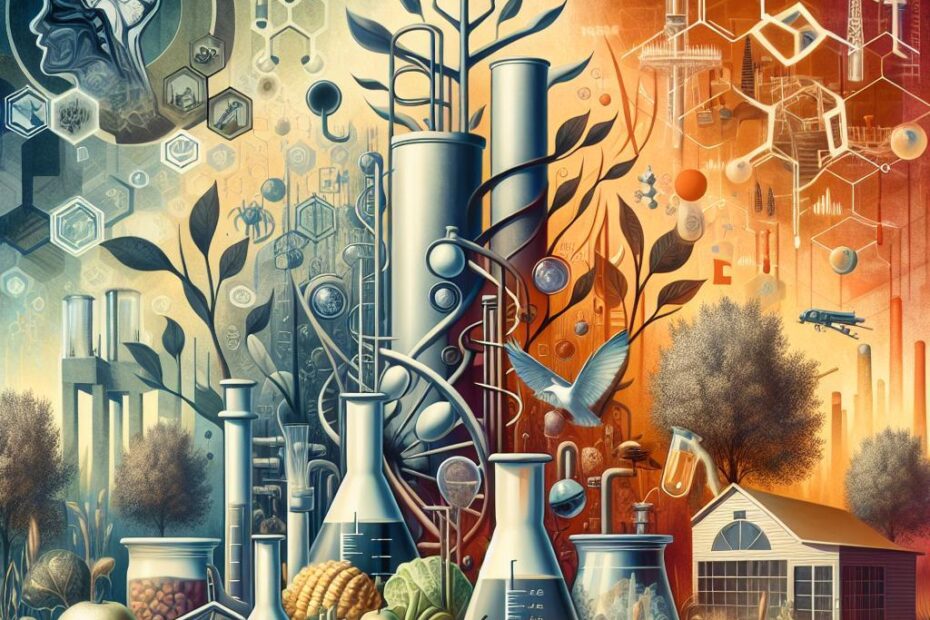Title: The Negative Effects of Fertilizers: Environmental and Health Concerns
Introduction
Fertilizers are commonly used in agriculture to boost crop yields and ensure healthy plant growth. While they can be beneficial in the short term, there are also negative effects associated with their use. In this article, we will explore the environmental and health concerns related to the overuse of fertilizers.
Environmental Effects
-
Water Pollution: Excess fertilizers can leach into water bodies, causing nutrient pollution. This can lead to algae blooms, fish kills, and overall disruption of aquatic ecosystems.
-
Soil Degradation: Continued use of fertilizers can deplete soil nutrients and organic matter, leading to soil compaction, erosion, and decreased soil fertility.
-
Air Pollution: Nitrogen-based fertilizers can release ammonia and nitrous oxide into the atmosphere, contributing to air pollution and greenhouse gas emissions.
Health Effects
-
Contaminated Water: When fertilizers contaminate drinking water sources, they can pose health risks to humans, including gastrointestinal issues and potential long-term health effects.
-
Pesticide Exposure: Fertilizers often contain pesticides and herbicides, which can be harmful to human health if ingested or inhaled.
-
Food Contamination: Residue from fertilizers can remain on fruits and vegetables, leading to potential health risks if consumed without proper washing.
Benefits and Practical Tips
While the negative effects of fertilizers are significant, there are practices that can help mitigate these issues and promote sustainable agriculture:
- Use organic fertilizers: Organic fertilizers, such as compost and manure, can provide nutrients to soil without the negative environmental impacts of synthetic fertilizers.
- Practice crop rotation: Rotating crops can help maintain soil fertility and reduce the need for chemical fertilizers.
- Test soil regularly: Soil testing can help determine the specific nutrient needs of your crops, allowing you to apply fertilizers more efficiently.
- Follow recommended application rates: Over-applying fertilizers can lead to nutrient runoff and environmental damage. Follow recommended rates to minimize negative impacts.
Case Studies
In a study conducted by the Environmental Protection Agency (EPA), excessive use of fertilizers in the Midwest led to nutrient pollution in the Gulf of Mexico, causing a large dead zone where marine life cannot survive.
Firsthand Experience
As a farmer who has switched to organic fertilizers, I have seen a noticeable improvement in soil health and crop yields. While the transition can be challenging, the long-term benefits outweigh the initial challenges.
Conclusion
In conclusion, while fertilizers play a vital role in modern agriculture, their overuse can have significant negative effects on the environment and human health. By implementing sustainable practices and reducing reliance on synthetic fertilizers, we can protect ecosystems, water sources, and public health for future generations. Let’s work together to find a balance between agricultural productivity and environmental stewardship.
